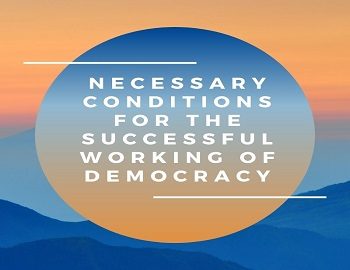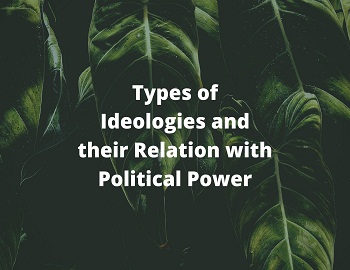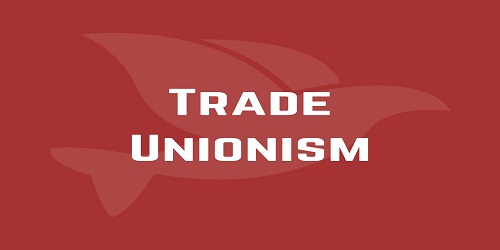Necessary conditions for the successful working of Democracy:
The word ‘Democracy‘ has originated from two Greek words ‘Demos‘ and ‘Cratia‘. ‘Demos’ means people and ‘Cratia’ means power. Thus, democracy means a form of government in which the power is exercised by the people. Thus, democracy means a form of government in which the power is exercised by the people. In the words of Abraham Lincoln, “Democracy is a government of the people, by the people and for the people”. According to Seeley, “Democracy is a government in which everyone has a share”.
The following conditions are necessary for the successful working of Democracy-
- Belief in Democratic Principles- The first condition necessary for the successful working of democracy is that citizens of that country should have faith in democratic principles. They should have respect for other views and should perform their duties properly.
- Economic Equality- Democracy can function smoothly in countries that do not have extremes of wealth and property. A country in which a large number of persons are poor while a few of them have plenty cannot run democratic institutions successfully.
- Educated Citizens- Only educated citizens can have knowledge of their rights and duties and can exercise them properly. Uneducated citizens cannot even cast their votes properly.
- High Moral Standard- Democracy can be run successfully in a country whose citizens are honest, impartial and selfless. They should not be amenable to undue pressures during elections.
- Right Types of Leaders- The success of democracy depends greatly on the quality of leaders a country is able to provide. Leaders must be men of sound judgement, balanced mind, honest and of unimpeachable character.
- Equal Social and Political Rights- Democracy can be successful if all the citizens are given equal social and political rights. Equality before the law, the right to vote and to fight elections should be given to all.
- Sound Party System- Democracy can be successful in a country where political parties are organized on definite economic, social and political principles and not on the basis of religion or caste.
- Free and Honest Press- A free press is said to be the Bible of democracy. The people should have access to free and unbiased information regarding domestic and foreign affairs.
- Independent Judiciary- Independent Judiciary is also necessary for the successful working of democracy. If the judiciary is not free and independent, the right and liberties of the citizens cannot be safeguarded.
- Local-Self Government- In order to make democracy successful, local institutions should be established at all levels. Local institutions (Municipalities, Panchayats etc.) serve as the training ground for democracy.
- Strong Opposition- Strong and organized opposition is also necessary for the successful working of democracy. It checks the government from becoming dictatorial.
- Peace and Security- Democracy can run successfully in a country where peace and security prevail. In countries that have the perpetual danger of war or revolt, democracy cannot be run successfully.
Why do we call India an indirect democracy?
We call India an indirect democracy because all the Indian citizens do not participate directly in running the administration of the country. The citizens elect their representatives for a definite period i.e. 5 years. During this period only these representatives participate in the making of laws and in running the administration. India is a big country with large population and it is not possible for all the citizens to participate directly in the affairs of the state. Here the people do exercise control over the government indirectly, not directly. Hence, we call India an indirect democracy.









Comments (No)